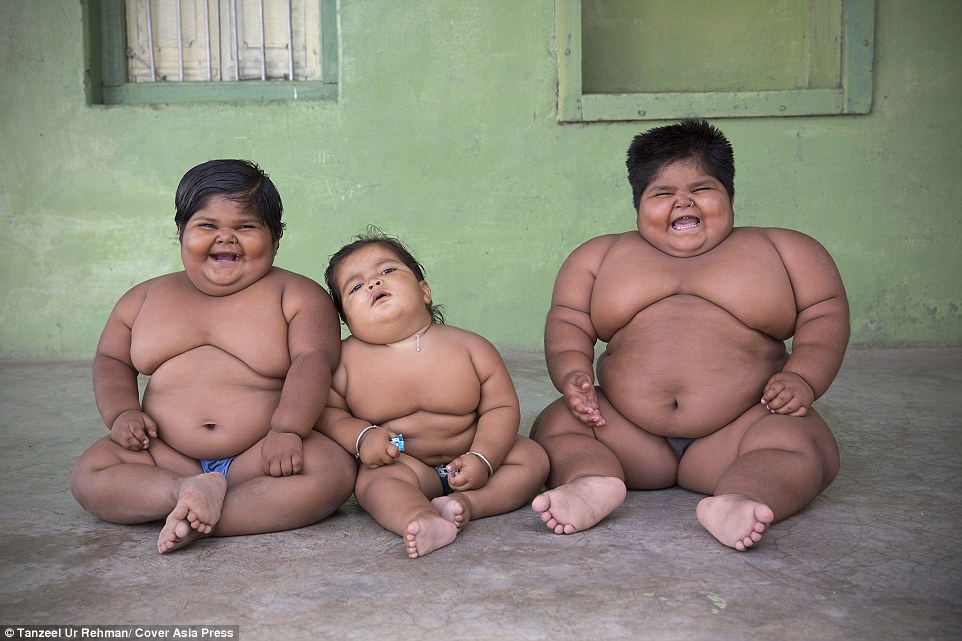What can I do if my child is very overweight?

If your child is very overweight, there's lots you can do to help them become a healthy weight as they grow.Very overweight children tend to grow up to be very overweight adults, which can lead to health problems such as type 2 diabetes, heart disease and certain cancers. Research shows children who achieve a healthy weight tend to be fitter, healthier, better able to learn, and are more self-confident. They're also less likely to have low self-esteem and be bullied. As a parent, there's lots you can do to help your child become a healthier weight. Getting them to be more active and eat well is important. Listen to your child's concern about their weight. Overweight children often know they have a weight problem, and they need to feel supported and in control of their weight. Let them know that you love them, whatever their weight, and all you want is for them to be healthy and happy.
Steps for success
Here are 5 key ways to help your child achieve a healthy weight:
- be a good role model
- encourage 60 minutes, and up to several hours, of physical activity a day
- keep to child-sized portions
- eat healthy meals, drinks and snacks
- less screen time and more sleep
If your child has a medical condition, the advice in this article may not be relevant. You should check with a GP or hospital doctor first.
Be a good role model
One of the best ways to instil good habits in your child is to be a good role model.
One of the most powerful ways to enourage your child to be active and eat well is to do so yourself.
Set a good example by going for a walk or bike ride instead of watching TV or surfing the internet.
Any changes you make to your child's diet and lifestyle are much more likely to be accepted if the changes are small and involve the whole family.
Get active
All children need about 60 minutes of physical activity a day for good health.
For younger children it can take the form of active play, such as ball games, and using playground swings.
For older children it could include riding a bike, skateboarding, walking to school, skipping, swimming, dancing and martial arts.
If your child isn't used to being active, encourage them to start with what they can do and build up to 60 minutes a day.
They're more likely to stick to their new activity levels if you let them choose the type of activity they're comfortable with.
Walking or cycling short distances instead of using the car or bus is a great way to be active together as a family.
Child-size portions
Try to avoid feeding your child large portions.
Try not to make your child finish everything on the plate or eat more than they want to.
And avoid using adult-size plates for younger children as it encourages them to eat oversized portions.
Beware of high-calorie foods. Calories are a measure of the energy in food.
Knowing how many calories your child consumes each day, and balancing that with the amount of energy they use up in activity, will help them reach and stay at a healthy weight.
Eat healthy meals
Children, just like adults, should aim to eat 5 or more portions of fruit and vegetables every day. They're a great source of fibre and vitamins and minerals.
Discourage your child from having sugary or high-fat foods like sweets, cakes, biscuits, some sugary cereals, and sugar-sweetened soft and fizzy drinks.
Switch sweetened drinks for water.
Less screen time and more sleep
Help your children avoid sitting and lying around too much.
Limit the amount of time your child spends on inactive pastimes such as watching television, playing video games and playing on electronic devices.
There's no hard and fast advice on how much is too much, but experts say children should watch no more than 2 hours of television each day.
It's been shown that children who don't have the recommended amount of sleep are more likely to be overweight.
The less children sleep, the greater the risk of them becoming obese.